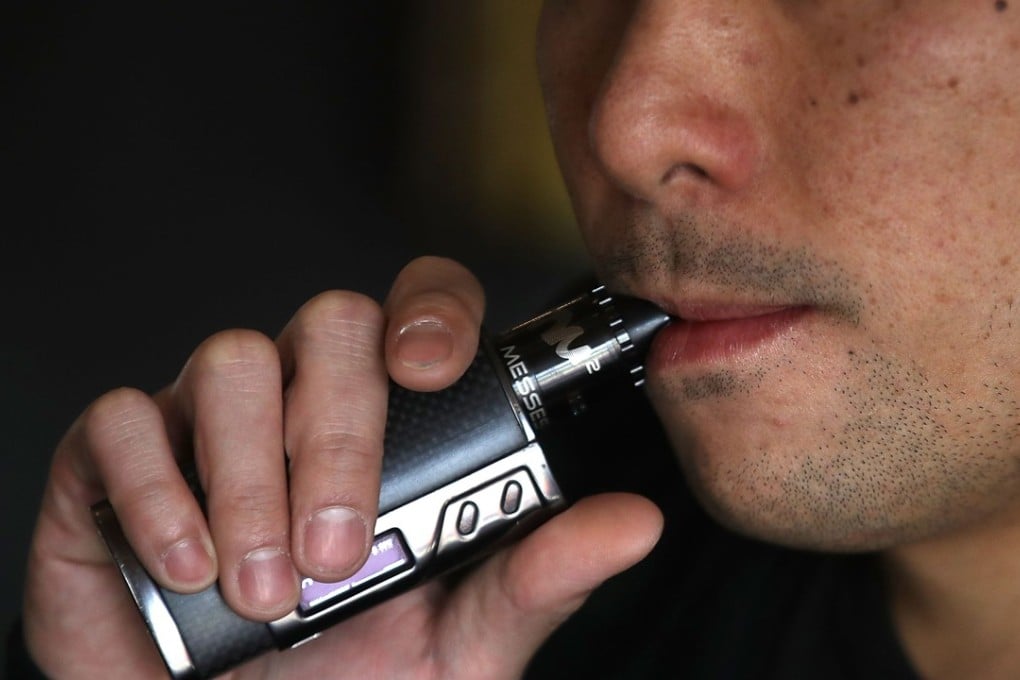The View | Hong Kong’s ban on e-cigarettes is absurd. If vaping is as bad as smoking, why hasn’t tobacco been outlawed?
Stephen Vines says the new ban is based on flawed arguments. Young people are also at risk from carbohydrates, trans fats and fast food, so is the Carrie Lam administration going to intervene in all these markets, too?

The ban is based on some seriously flawed arguments if indeed, as claimed, it has arisen from public health concerns.
Those promoting the ban have overexcitedly argued that vaping either poses a greater health risk than tobacco consumption, or is just as bad. They have focused their concern on the attraction e-cigarettes hold for the young and cited controversial evidence that vaping does nothing to reduce tobacco consumption.
Highlights of 2018 policy address
Even if all these arguments are valid on health and social grounds – a bit of stretch, but let’s go with it for the moment – there is a fundamental illogicality here.
The answer is that these products have not been banned because their use is backed by the companies producing and selling them, and that this stuff is wildly popular with consumers. If there is a scintilla of doubt about this assertion, just pay a visit to your local McDonald’s, KFC or any other fast-food outlet that gives the health lobby the jitters.
Consumption of food and other products abounds with health risks, and governments who take their responsibilities seriously make efforts to alert the public to these risks. In the case of tobacco products, a mandatory labelling system spells out the health risks but, strangely, no such label is put on, say, a can of sugar-infused, fizzy drink with proven harmful effects.

